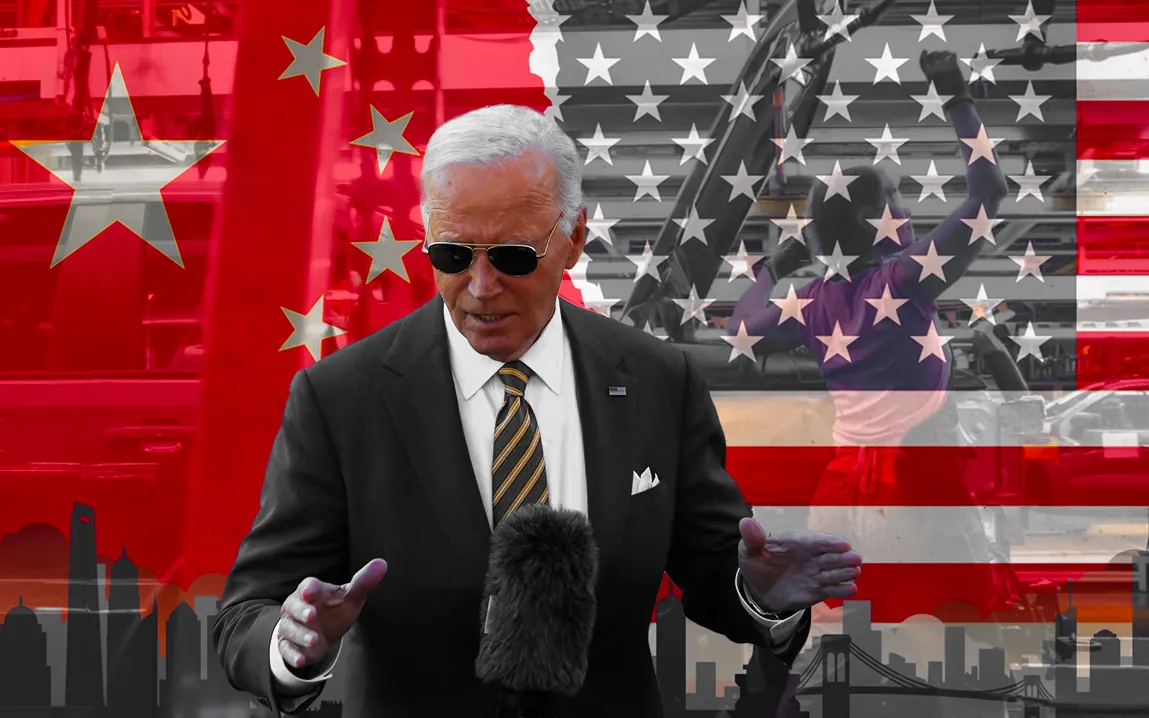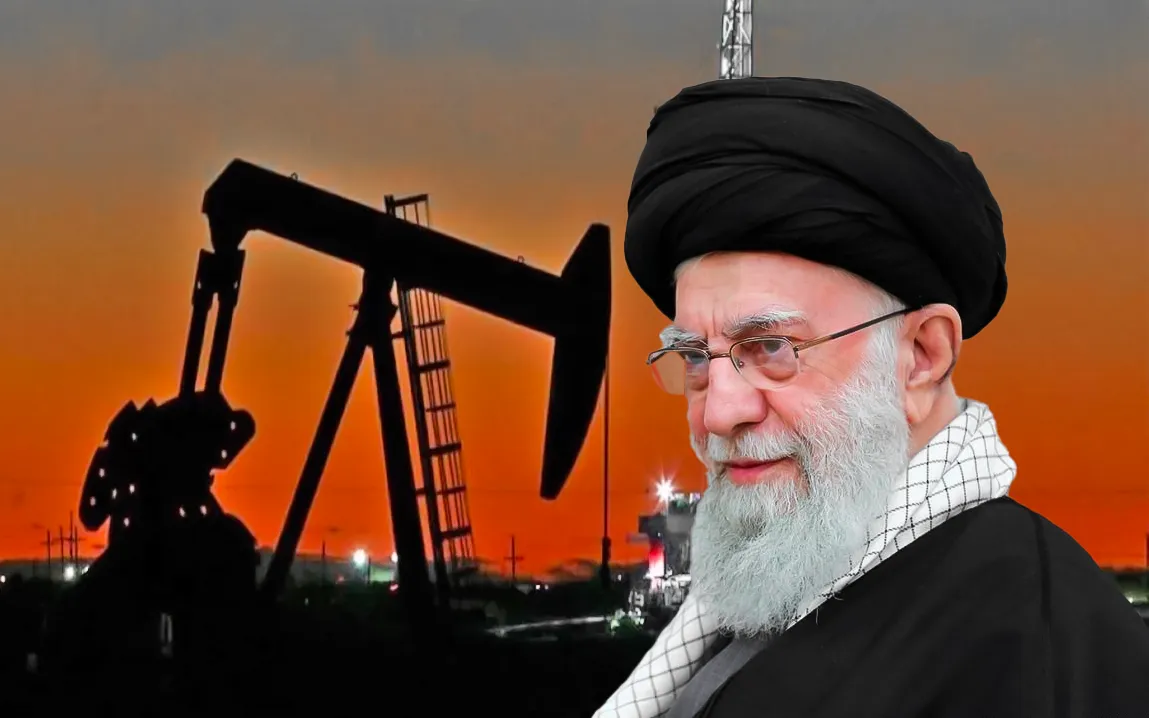Mexico recently voiced its concerns over a proposed U.S. ban on Chinese car technology, which might cause ripples in North America’s complex automotive supply chain. The ban is motivated by national security concerns that will ban key Chinese software and hardware in vehicles sold in the U.S., and it will affect not only Chinese automakers but also companies in Mexico, one of the major manufacturing hubs for the automotive industry.
The U.S. Department of Commerce has recommended the restriction in the interest of preventing possible security threats, including surveillance risks and remote access possibilities of connected vehicles. Commerce Secretary Gina Raimondo was quoted saying that modern cars, with GPS, microphones, and internet access, are vulnerable if tampered with by foreign adversaries. It should protect the American drivers, as such technologies could potentially compromise both privacy and security on America’s roads by prohibiting them. Bans might come as early as 2027 in software and 2030 in hardware under the proposed rules.
Mexican Economy Ministry claims restrictions could badly affect the Mexican automotive sector, which recently benefited a lot from investment from China. The most important aspect of this trend is the increase in Chinese auto component suppliers, which are preferred over others for their cheap cost and technological competitiveness, such as BYD and Changan, whose acceptance in Mexico is rapidly gaining momentum. The other important attraction of manufacturing in Mexico lies in its proximity to the U.S., wherein its manufacturing is aligned with all the parameters of the USMCA. Vehicles built with over 75% of parts that originate in North America may now come into the US without facing any duties imposed under the new pact; therefore, Mexico becomes one of the preferred locations for production in this region for US consumption.
The ban can now oblige North American vehicle manufacturers to seek alternative sourcing of their parts since compliant sourcing in the USMCA is going to prove a significant challenge. John Bozzella, the CEO of the Alliance for Automotive Innovation, said that although few Chinese components are used today, the rule would force auto manufacturers to redesign their supply chains, a task complicated by the current global shortage of automotive microchips. Mexico’s government has expressed concerns that the move could increase production costs, limit competitiveness, and affect jobs in an industry vital to the Mexican economy.
Chinese Foreign Ministry representatives have urged the U.S. to provide a clear and fair business environment for Chinese companies, pointing to the disruptive potential of the ban on the international automotive market. The growing U.S.-China rivalry in tech and automotive is particularly pertinent because China leads in the electric vehicle market. He mentions that the “risings China” are a source of concern to himself as well as to industry leader Jim Farley at Ford, who told Musk that unless US firms respond more strategically, “there is no alternative but that China’s dominance may rise unabated.”.
That decision on the ban is likely to be delivered at the end of the term of President Biden as it can change world-wide automotive alliances and strategies significantly. About Mexico, economic stability comes under pressure so that the sector remains potent, an important part of its trade with the United States and beyond.



